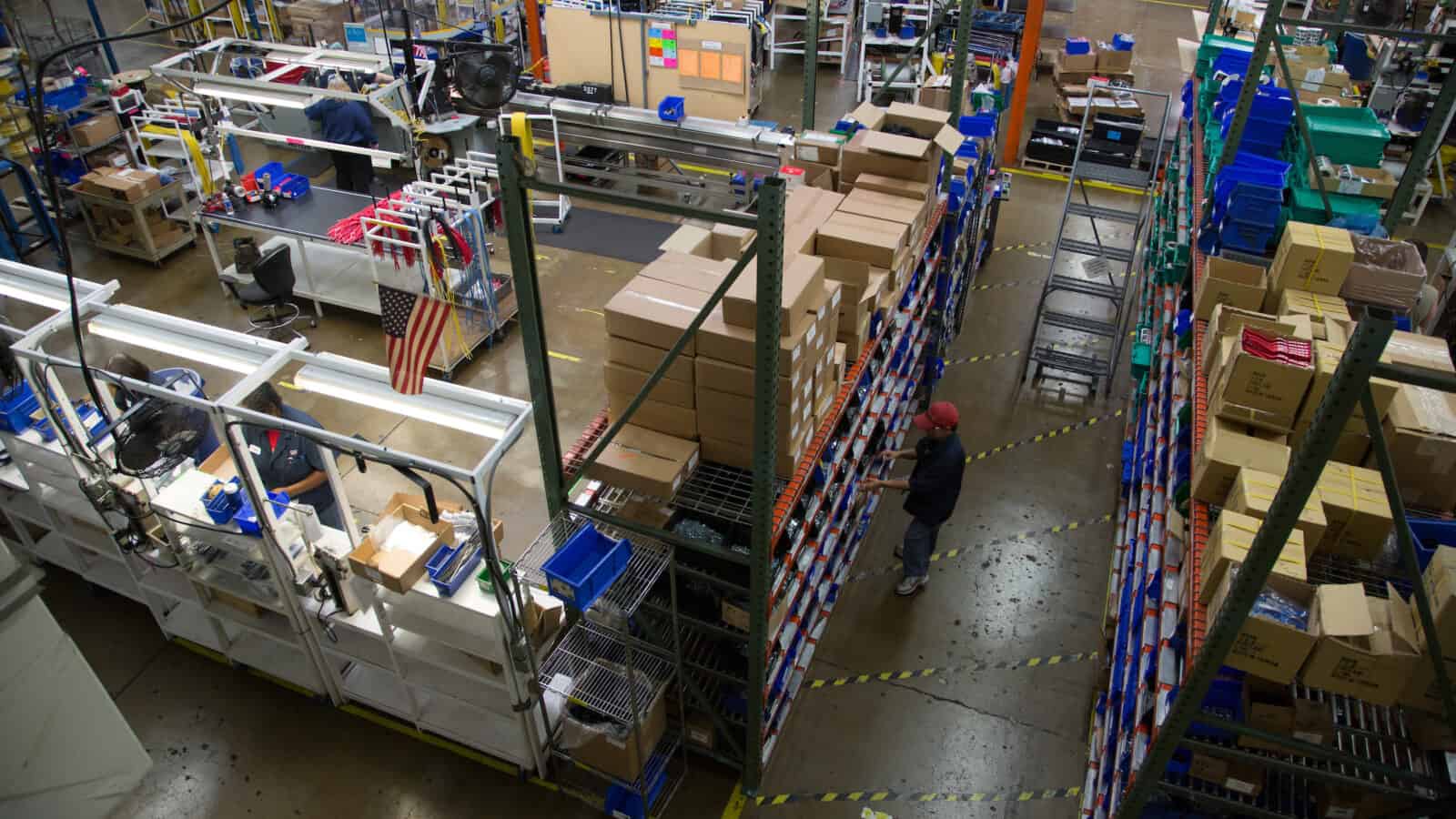Second Chance Hiring Strengthens Manufacturing
Get the Latest News
Sign up here
Helping people with criminal records find good jobs is not just the right thing to do, but a way to strengthen the manufacturing industry for years to come. That’s why The Manufacturing Institute—the workforce development and education partner of the NAM—is partnering with Stand Together and the Charles Koch Institute to help manufacturers recruit from this population and fill some of the thousands of job openings within the industry.
Brianna Nuhfer, director of criminal justice for the Stand Together philanthropic community, spoke to us recently about the importance of second chance hiring and the opportunities it offers for manufacturers.
Why it matters: A criminal record is often a significant barrier to employment, preventing people from finding new jobs and building better lives. Not all people with criminal records have been incarcerated, but for those who have been, second chance hiring also significantly increases the success of reentry.
- “The vast majority of incarcerated individuals—over 95% of people who are incarcerated—will be returning to our communities and our neighborhoods,” Nuhfer says. “We want to make sure that their return is as successful as possible, and we know that employment is one of the primary factors that helps people get back on track and avoid recidivism or returning to prison.”
Why it matters for manufacturers: Hiring Americans with criminal records is also important for the success of the manufacturing industry. Right now, manufacturers are facing a significant shortage of skilled workers; in fact, a recent study by Deloitte and the MI suggests that the skills gap could result in 2.1 million unfilled jobs by 2030. Manufacturers need workforce-ready employees, and many people with criminal records fit the bill.
Building a smart workforce: According to Nuhfer, research shows that workers with criminal records often have the lowest turnover rates of all employees. She cites several other key advantages:
- 82% of managers report that the value these workers bring to companies is just as high as—if not higher than—the value that their employees without criminal records provide.
- Many formerly incarcerated people received manufacturing-related training while they were in correctional facilities, preparing them for work in the modern industry.
Building partnerships: The partnership with the MI will increase awareness of second chance hiring opportunities and help manufacturers recruit, train and support these workers.
- “The NAM and The Manufacturing Institute have such an incredible reach across the country, and their leadership is undeniable,” said Nuhfer. “The resources you put out for the field are utilized and noticed—and so your involvement and your commitment to this issue is going to have an incredible ripple effect across the country, opening up thousands of employment opportunities for deserving individuals.”
Creating a culture: For company leaders interested in second chance hiring, Nuhfer has some simple advice: these hiring practices shouldn’t just be a matter of policy, but also a matter of culture. Leaders should demonstrate by example that their companies value smart, talented workers of all backgrounds.
The MI says: “Second chance hiring gives businesses an opportunity to welcome highly motivated, engaged, productive and loyal new team members who may otherwise be overlooked,” said MI Executive Director Carolyn Lee. “This is not only the right thing to do for our businesses, but it’s also the right thing to strengthen our communities.”
The last word: “All of us are more than our choices, good or bad,” said Nuhfer. “None of us wants to be defined by the worst decision we’ve ever made for the rest of our lives.”
To learn more about second chance hiring, register here for an upcoming webinar on June 10.



